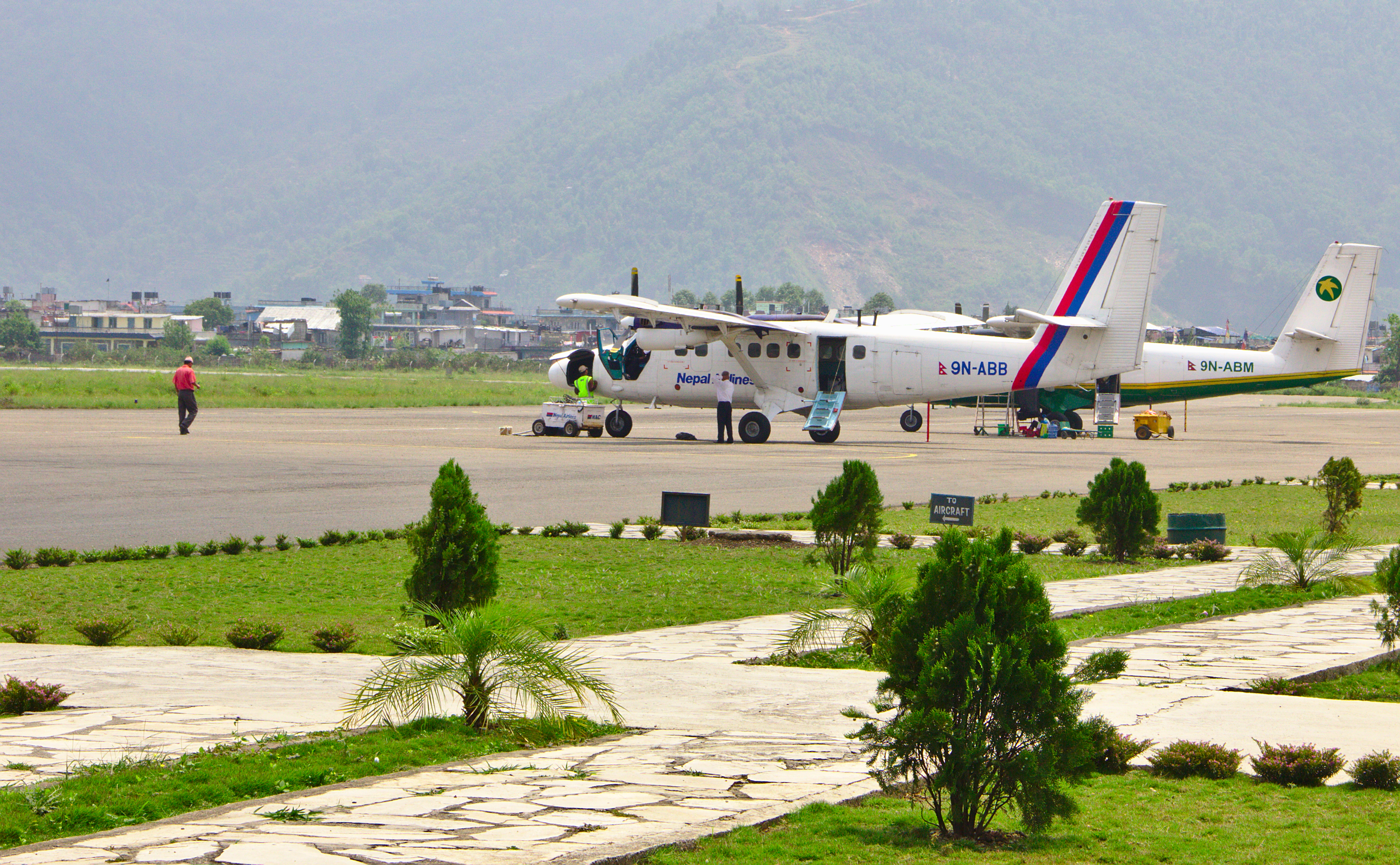Pokhara Airport Scandal Nepal
By Asmita - Sep 08, 2025
Nepali politics is marred by a series of scandals affecting Prime Minister K.P. Sharma Oli's government. Controversies surrounding projects like the Pokhara International Airport and Nepal Telecom have raised concerns about corruption, lack of transparency, and political interference. These issues, spanning across various sectors, have fueled public distrust and political instability, prompting calls for accountability and good governance.

Pokhara Airport via Wikimedia commons
Nepali politics has been shaken by a series of scandals, directly impacting Prime Minister K.P. Sharma Oli’s government. In recent years, the very development projects that the country had high hopes for have become mired in controversies and corruption allegations. In particular, questions raised over the Pokhara International Airport have cast serious doubts over the government’s functioning. Built with China’s assistance, this airport was seen as a major step toward transforming Nepal’s tourism and economy. However, financial irregularities and management flaws have turned it into a hub of disputes. Rising project costs, allegations over quality standards, and political interference have made this ambitious project more of a burden than an opportunity.
Similarly, issues connected to Nepal Telecom have further escalated the government’s troubles. Recent agreements and contracts have been criticized for lacking transparency. Allegations suggest that international companies were awarded benefits without fair competition, severely damaging the government’s image. Citizens and the opposition believe government agencies are making biased decisions for private gain. As a result, telecommunication services for the public have been adversely affected, with consumers having to bear higher costs. Another criticism is that political appointments and nepotism within the state-owned company have sidelined professional efficiency.
The chain of scandals is not limited to Pokhara Airport or telecom but extends into sectors like energy, construction, and supply. Recent reports have revealed irregularities in electricity projects, road construction, and procurement of medical equipment. During the pandemic, questionable deals in the purchase of medical supplies further eroded public trust. These incidents have reinforced the perception that the government is more focused on misusing resources than steering development initiatives. Nepali media and international observers have repeatedly highlighted these issues, increasing pressure on the government to take corrective action.
These events have deepened political instability in the country. The very projects meant to lay the foundation for Nepal’s future are now seen as symbols of corruption and disorder. Prime Minister Oli and his party, CPN-UML, now face the challenge of salvaging their credibility and convincing the public that transparency and good governance are not just promises but priorities. The opposition continues to raise these issues in parliament and has also intensified street protests against the government. Amid growing public pressure and rising dissatisfaction, the pressing question now is whether the Nepal government will truly take steps towards accountability or sink further into the quagmire of controversies.


